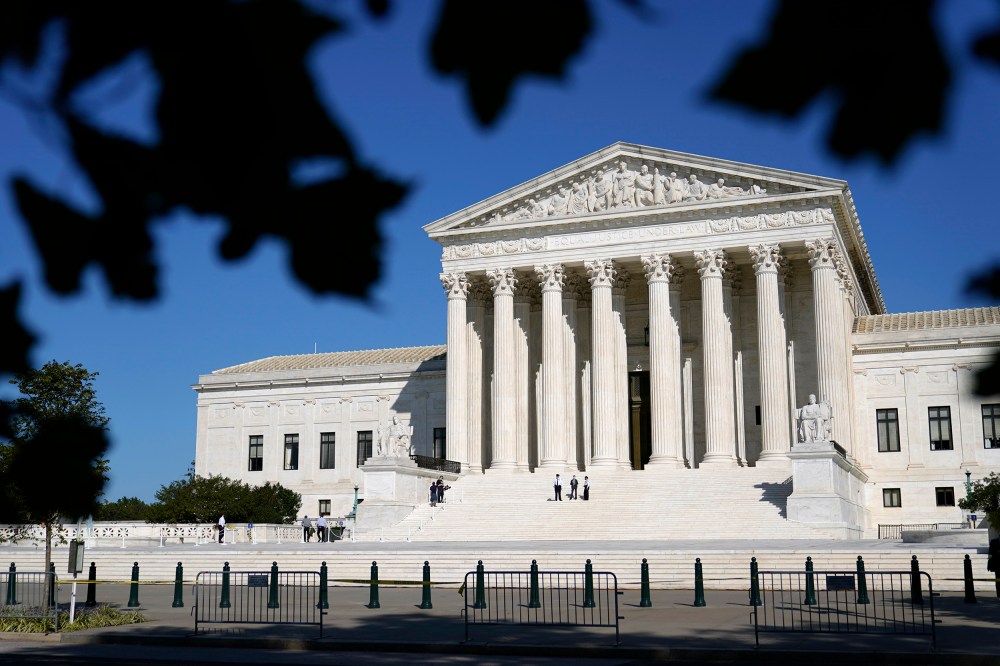It seems like ages ago, but it was just a month ago when Senate Republicans, scrambling ahead of Election Day, confirmed Justice Amy Coney Barrett to the U.S. Supreme Court. A third of the high court has now been chosen by Donald Trump, and the right’s 6-3 majority will likely alter the direction of the United States for several decades.
The question wasn’t whether we’d see the justices make unfortunate decisions; the question was when. As it turns out, we didn’t have to wait too long. The first big opinion from the Trumpified Supreme Court was issued just before midnight ahead of Thanksgiving.
The U.S. Supreme Court issued an injunction late Wednesday blocking New York’s governor from enforcing 10- and 25-person occupancy limits on religious institutions, granting a request from the Catholic Diocese of Brooklyn and Agudath Israel…. In an unsigned majority opinion, the court said the restrictions would violate religious freedom and are not neutral because they “single out houses of worship for especially harsh treatment.”
The full ruling in Roman Catholic Diocese of Brooklyn v. Cuomo is online here (pdf).
As NBC News’ report explained, New York officials told the justices that the issue was moot, since the pandemic restrictions challenged in this case had already been scaled back. But in a 5-4 opinion, the Supreme Court weighed in anyway.
In recent years, we’ve grown accustomed to 5-4 rulings in which Chief Justice John Roberts votes with the even-more-conservative justices, while the four center-left justices vote together. In the wake of Ruth Bader Ginsburg’s passing, however, the center-left contingent is down to three, and in this case, Roberts voted with them.
The result was an outcome that’s tough to defend. Traditionally, courts have recognized the importance of state and local officials, working with public-health authorities, creating temporary measures to address life-threatening emergencies. In this case, however, five Republican-appointed justices — not one of whom has a background in epidemiology or pandemic responses — decided to prioritize their opinions about religion above all.
In a striking dissent, Justice Sonia Sotomayor wrote, “Justices of this Court play a deadly game in second-guessing the expert judgment of health officials about the environments in which a contagious virus, now infecting a million Americans each week, spreads most easily.”














